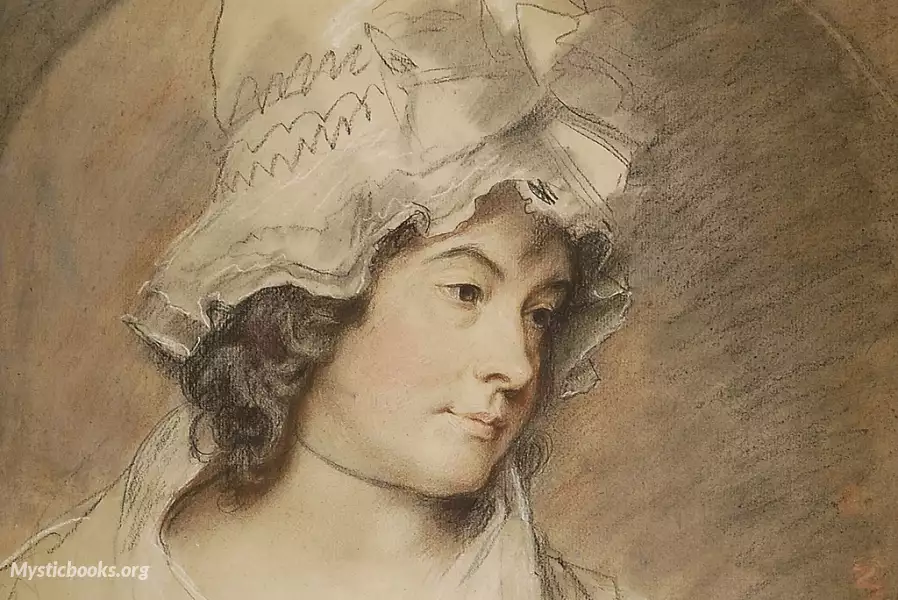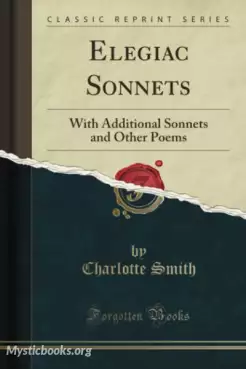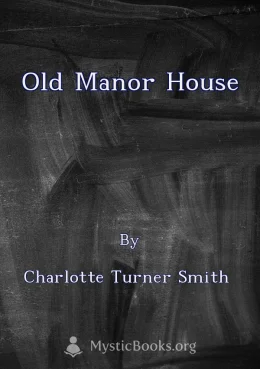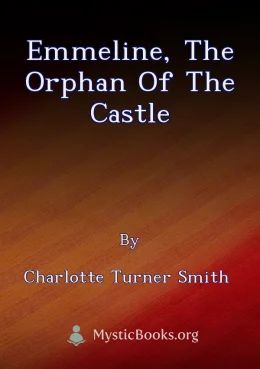
Timeline
Title
Country/Nationality
Charlotte Turner Smith
Charlotte Smith an English novelist and poet of the School of Sensibility whose Elegiac Sonnets (1784) contributed to the revival of the form in England. She also helped to set conventions for Gothic fiction and wrote political novels of sensibility. Despite ten novels, four children's books and other works, she saw herself mainly as a poet and expected to be remembered for that.
Charlotte Turner was born on 4 May 1749 in London and baptised on 12 June as the oldest child of well-to-do Nicholas Turner and Anna Towers. Her two siblings, Nicholas and Catherine Ann, were born over the next five years. Smith received a typical girl's education in a wealthy, late 18th-century family. Her childhood was marked by her mother's early death (probably giving birth to Catherine) and her father's reckless spending. After losing his wife, Nicholas Turner travelled and the children were raised by Lucy Towers, their maternal aunt; when exactly their father returned is unknown.
At the age of six, Charlotte went to school in Chichester and took drawing lessons from the painter George Smith. Two years later, she, her aunt and her sister moved to London, where she attended a girls' school in Kensington and learned dancing, drawing, music and acting. She loved to read and wrote poems, which her father encouraged. She even submitted a few to the Lady's Magazine for publication, but they were not accepted.
Nicholas Turner met with financial difficulties on his return to England and had to sell some of the family's holdings. He married the wealthy Henrietta Meriton in 1765. His daughter entered society at the age of 12, leaving school and being tutored at home. His reckless spending then forced her to marry early. In a marriage on 23 February 1765 at the age of 15, which she later described as prostitution, she was given by her father to a violent, profligate man, Benjamin Smith, son of Richard Smith, a wealthy West Indian merchant and a director of the East India Company. The marriage proposal was accepted for her by her father. Condemning his action 40 years later, Smith said it had turned her into a "legal prostitute".
Smith complained of gout for many years (it was likely rheumatoid arthritis), which made it increasingly difficult and painful for her to write. By the end of her life, it had almost paralysed her. She wrote to a friend that she was "literally vegetating, for I have very little locomotive powers beyond those that appertain to a cauliflower." On 23 February 1806, her husband died in a debtors' prison and Smith finally received some money he owed her, but she was too ill to do anything with it. She died at Tilford a few months later, on 28 October 1806, and was buried at Stoke Church, Stoke Park, near Guildford. The lawsuit over her father-in-law's estate was settled seven years later, on 22 April 1813, more than 36 years after Richard Smith's death.
Books by Charlotte Turner Smith

Elegiac Sonnets and Other Poems
It was in 1784, in debtor's prison with her husband Benjamin, that she wrote and published her first work, Elegiac Sonnets. The work achieved instant success, allowing Charlotte to pay for their release from prison. Smith's sonnets helped initiate a...

Celestina
Orphaned and raised in poverty, Celestina discovers a shocking secret about her parentage that threatens to destroy her world. Celestina is a Gothic novel by Charlotte Turner Smith, published in 1791. It tells the story of a young woman who is adopt...

Old Manor House
Rayland Hall is an old manor house with a long and storied history. The current mistress of the house, Mrs. Rayland, is a proud, cruel, and arrogant woman who has never married. As a result, the house is set to pass to her nephew, Somerive, whom she...

Emmeline, the Orphan of the Castle
Emmeline Mobwray, the orphan of the castle, faces a life of challenges and obstacles. Growing up in a dysfunctional family, she finds solace in the kindness of her housekeeper. However, when tragedy strikes, she is left alone and vulnerable. Emmeline...